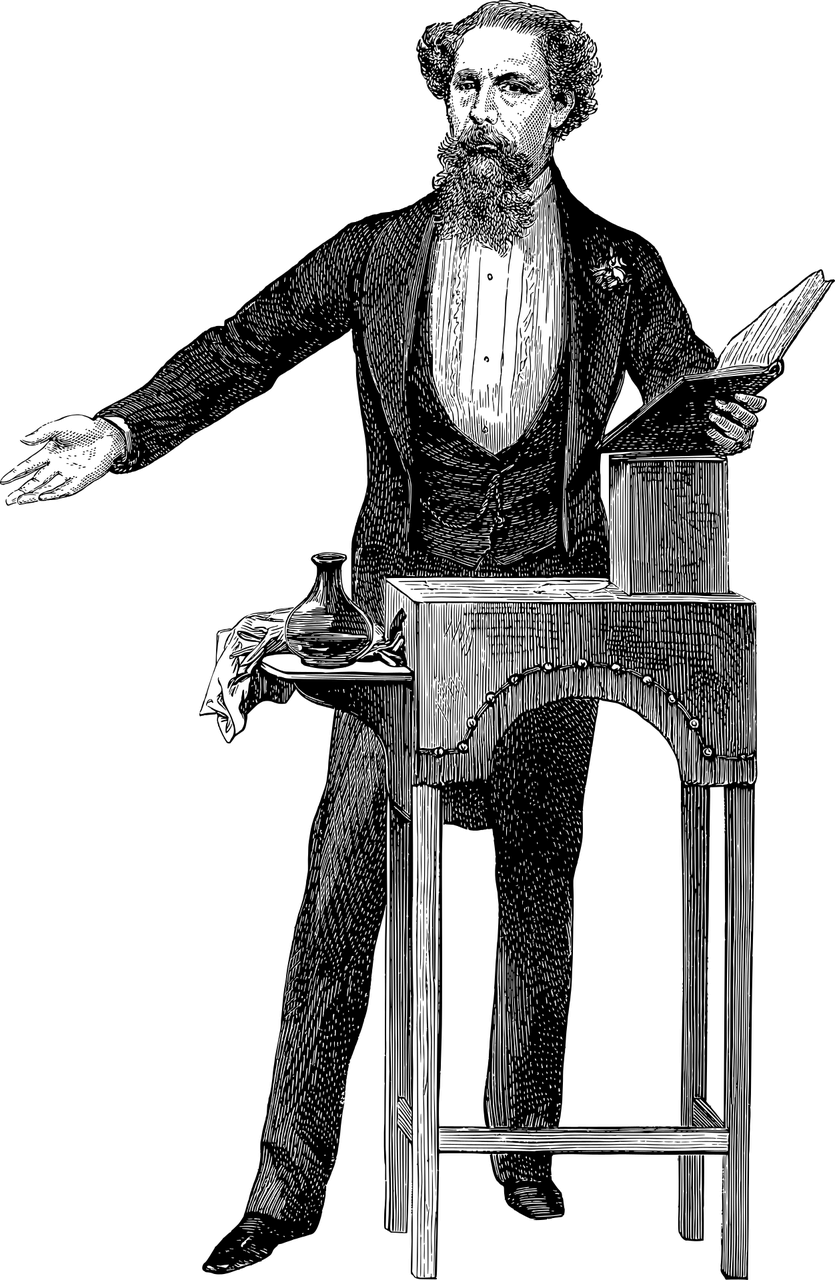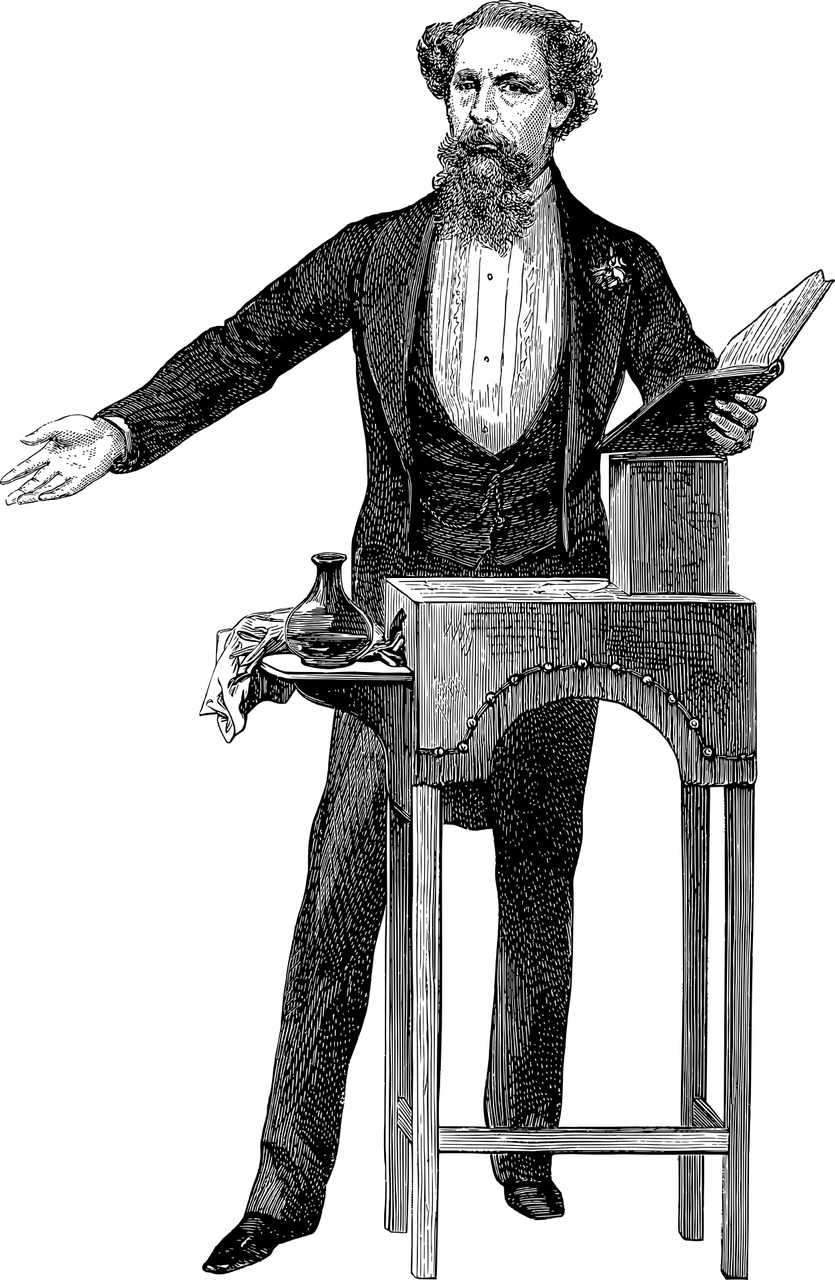Homer Simpson: The Beloved Everyman of Modern Pop Culture

Introduction:
When it comes to iconic cartoon characters, few can rival the enduring popularity and cultural impact of Homer Simpson. As the lovable patriarch of the Simpson family, Homer has captured the hearts of millions with his relatable yet hilarious antics. In this article, we will delve into the world of Homer Simpson, exploring his significance in popular culture and tracing his evolution over time.
The Everyman Appeal

At the core of Homer Simpson’s enduring appeal lies his status as the quintessential average Joe. Created by cartoonist Matt Groening, Homer was introduced to the world in 1987 as a supporting character on “The Tracey Ullman Show.” However, it wasn’t until “The Simpsons” premiered as a standalone series in 1989 that Homer truly came into his own.
Homer represents the struggles, insecurities, and aspirations of the everyday working-class individual. From his love for donuts to his undying loyalty to his beloved couch, Homer embodies the universal experience of seeking solace and joy in life’s simple pleasures. It is this ability to resonate with audiences on a fundamental level that has established Homer as a beloved cultural icon.
The Evolution of Homer Simpson
Over the course of its three-decade-long run, “The Simpsons” has provided viewers with a unique window into the lives of the Simpson family, and Homer himself has experienced significant development. Initially, Homer was portrayed as a hapless and often irresponsible father figure, frequently finding himself in comical and absurd situations. However, as the series progressed, so did Homer’s character arc.
As the show explored more complex and nuanced storylines, Homer evolved into a more sympathetic and multi-dimensional character. Audiences witnessed his growth as he grappled with the challenges of fatherhood, work, and relationships. Through his numerous misadventures, Homer demonstrated the capacity for growth, learning valuable life lessons along the way.
Homer’s transformation from a bumbling fool to a flawed yet endearing family man added depth and relatability to his character. This evolution has solidified his place not only in the pantheon of animated characters but also as a symbol of the evolving dynamics of contemporary family life.
Homer Simpson’s Cultural Impact
It is impossible to discuss Homer Simpson without acknowledging his immense cultural influence. From catchphrases like “D’oh!” and “Mmm… donuts” to his iconic appearance, Homer has become ingrained in the collective consciousness. His impact extends far beyond the realm of television, permeating various aspects of popular culture.
As an example of this impact,
provides a glimpse into the widespread recognition and affection for Homer Simpson. From art exhibits dedicated to his image to merchandise ranging from t-shirts to collectible figurines, Homer has become an enduring symbol of humor, satire, and relatability.
His unmistakable silhouette and distinctive voice have made Homer Simpson instantly recognizable worldwide. The character has been referenced in numerous television shows, movies, and even political discourse. Homer’s influence has indelibly shaped modern comedy, paving the way for animated sitcoms and serving as an inspiration for generations of writers and performers.
Conclusion:
Homer Simpson’s status as an iconic figure in popular culture is undeniable. With his relatable nature, evolving character arc, and enduring cultural impact, Homer has secured his place as a beloved symbol of everyday life. As we continue to laugh and find solace in the misadventures of the Simpson family, Homer’s legacy as the lovable everyman of modern pop culture is set to endure for generations to come.





